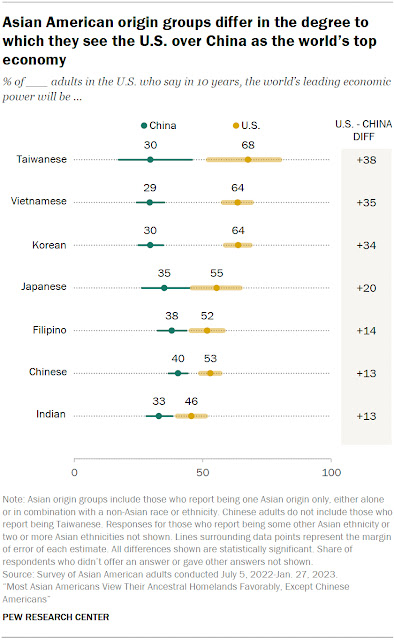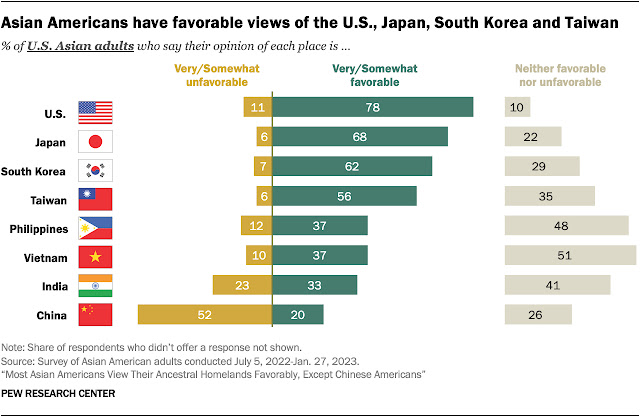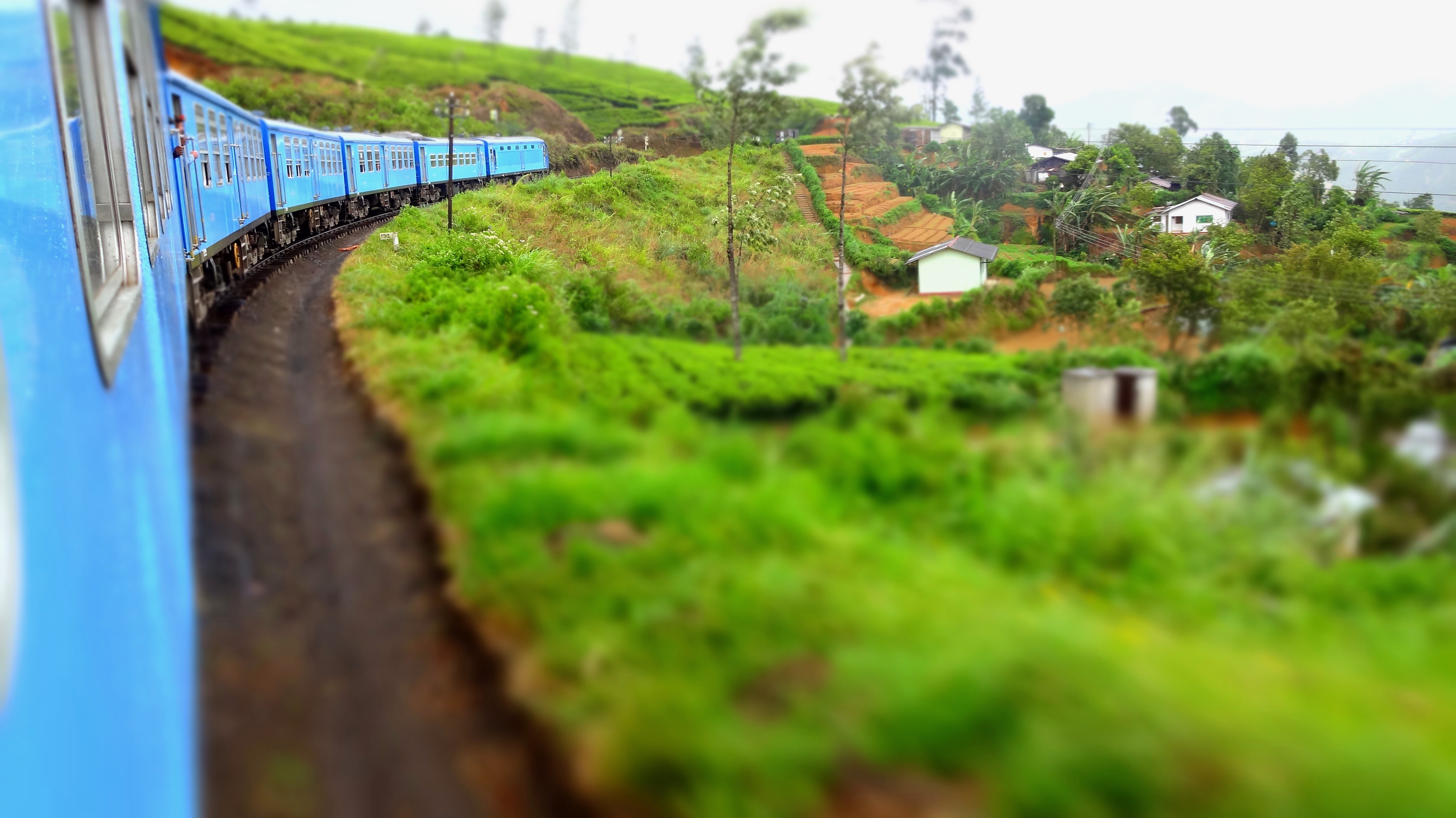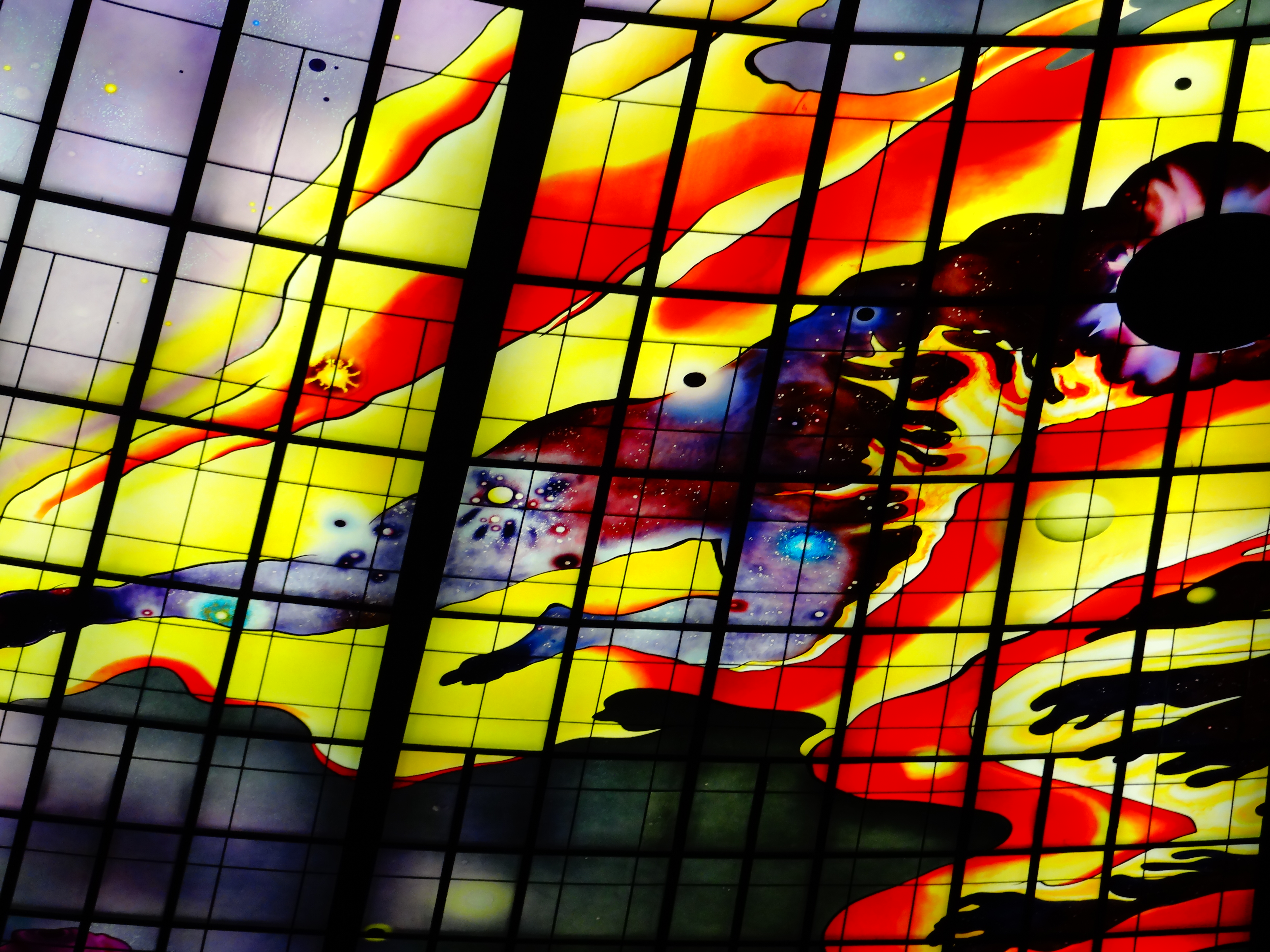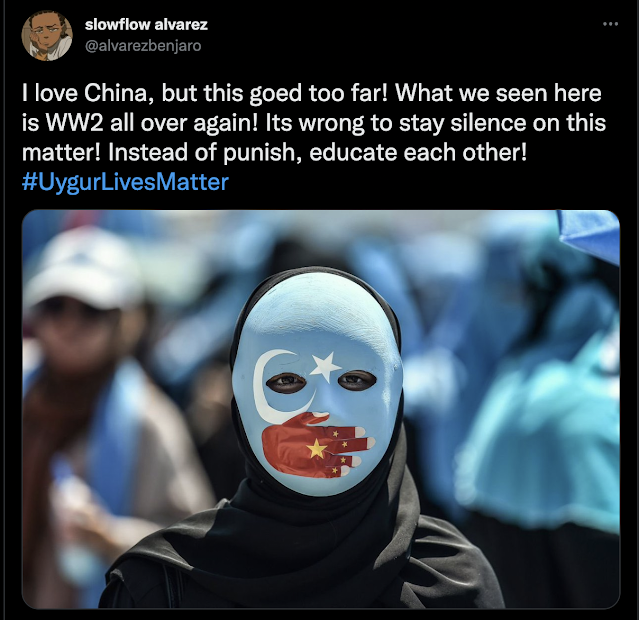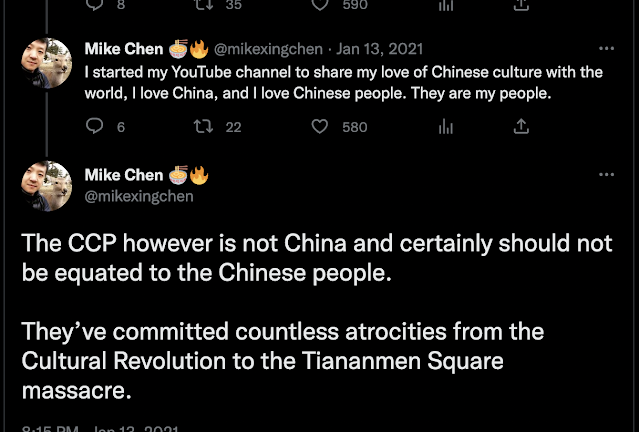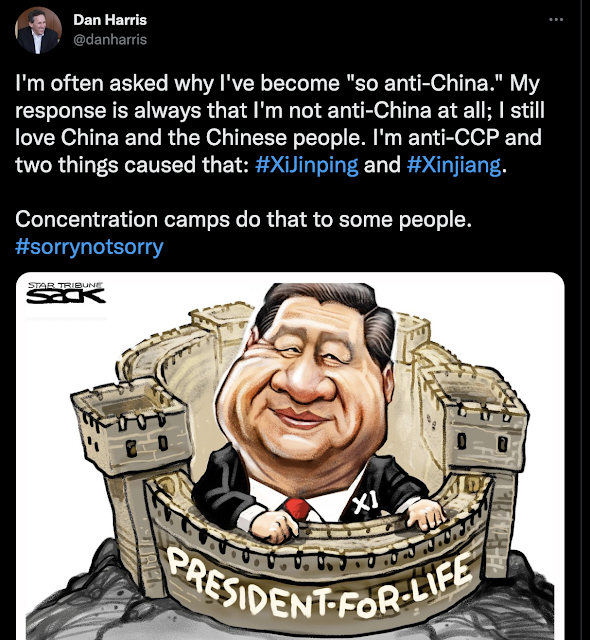All of us two weeks ago, on the Buluowan Suspension Bridge, which probably no longer exists
Like just about everyone in Taiwan last week, my Wednesday morning started with a massive shake-up. I sat on the couch drinking my morning coffee with a hefty dollop of doomscrolling and thinking about an upcoming workday which, at 7:57am, was about one minute away from not being a workday at all.
When the alert hit my phone, my half-caffeinated brain took about two seconds to register that it was not only telling me in English to a coming quake and the need to take cover, but also in Mandarin that it was "significant", with "strong" shaking. I don't know how common it is for alerts to state so clearly the expectation of a major seismic event, but it did give me about three seconds to dive under my dining table and hold on.
I don't have a particularly interesting story to tell: in fact, the most notable thing about my big earthquake experience is how little I was affected. My clients asked to postpone that day as we were all pretty stunned, and a few cracks appeared in my walls. That's about it. I continued with my plans to go camping the next day, after the organizers of the group confirmed the safety of the site and the tricky road to get there.
Even my teacups survived, and they were adhered to their curio shelf with nothing more than tiny globs of Blue-Tack. This was a particular surprise: one of my thoughts as I crouched under that table afraid for my life had been oh man, those teacups are goners!
Not everyone was so lucky; though no one I know was injured, many others were, and for the rest of the day I watched pictures of my friends' trashed apartments roll across my feed.
And yet, I spent the rest of the day -- now suddenly free to let my mind wander -- in low-grade freakout mode.
Of course I was worried for Hualien, but this went beyond concern for the welfare of a nearby city. It was something personal; it came from the core.
These teacups survived the 2024 earthquake
While I crouched under the dining table, my husband (wisely) stayed right where he was in bed, seeing as the frame is too low for either of us to fit underneath it. It was indeed scary to be in two different rooms, able to communicate but not see or help one another. Both of our cats bolted to their favorite inaccessible hiding places; in a truly life-threatening emergency, I would not have been able to grab them.
Was this the source of my slow-rolling panic attack? Was I spooked that I'd be separated from my core family in Taiwan if the roof literally or figuratively caved in?
That surely played a part, but my gut knew that wasn't the whole of it.
In Taipei the quake felt like it could have been a real emergency, but in the end it wasn't one. Countless articles have already been written on the surprising resilience of Taiwan, when other countries hit by seismic disasters of similar magnitudes have been devastated. Turkey comes to mind: the Antakya earthquake killed many more. (This strikes a nerve with me as my ancestry weaves through Antakya. I'd been hoping to return).
Or perhaps it's not so surprising: Taiwan also impressed the world with its COVID response, and has built a successful, developed nation despite the world's lack of recognition and the unceasing threat from China.
A death toll that stands at 13 -- though I think it's likely to go up in coming days -- is indeed impressive: like Taiwan's COVID response, it shows that when the country goes through a humanitarian disaster, whether the 1999 earthquake or 2003 SARS epidemic, it learns from it and does better next time.
Knowing this doesn't seem to have improved my mental state, however.
Perhaps my inability to calm down and face the day stemmed from a trip we'd taken two weeks previously. We took visiting family on a 環島, or 'round the island' journey by train and car -- starting in Hualien. 14 days before the earthquake, almost to the hour, we were in Taroko National Park, navigating the cliff overhangs on the Shakadang Trail. You know, the one where some hikers were killed. We walked on the suspension bridge that appears to no longer exist. We drove over the bit of Suhua Highway that collapsed. Our driver for the day dropped us off at Dongdaemun Night Market to kill time between our day at Taroko Gorge and our dinner reservations; she waited for us across the street from the Uranus Building.
Was it that? Having been in the exact location of all of these calamities so recently that I hadn't even shared pictures with my in-laws yet? Realizing that I saw Taroko Gorge just two weeks prior to its indefinite closure?
That certainly had something to do with it. It is unnerving to look at a bit of landslid trail or collapsed infrastructure and realize you were just there. But no, that was an insufficient explanation and deep down, I knew it. After all, those who were actually there when the quake happened either didn't survive, or had it immeasurably worse.
Unable to comprehend my own reaction, I sat on my couch, drank tea and stared at my teacups. Almost all of them were Taiwan-made, either by local artisans or a Taiwanese company. Two have a floral pattern commonly associated with Hakka culture (although I'm not sure how accurate the connection is). A few are Japanese and one came from an import store in New York. They're all very delicate, but they've survived up there for longer than anyone could reasonably expect them to. Any number of earthquakes should have brought them crashing to the floor by now.
I stared at them and dreamed up an alternative reality, or a possible future, where I sit on that same couch drinking that same kind of tea, hearing an alert pop up on my phone as air raid sirens start a horrifying crescendo. I conjured fictitious (for now) Chinese missiles landing nearby. They create more cracks in my walls. My husband is somewhere else; I can't reach him. The cats flee to their secret spots. The cement crumbles, the furniture shakes, and the first teacup is forced free from the sticky tack holding it in place. Then another, and another.
In this other world, they all eventually tumble and shatter. There is nothing I can do about it.
It's not quite the same as an earthquake. The missiles are man-made; they're not the result of a natural process. They're not entirely random, and they're not inevitable. Tectonic plates move because that's just what they do. For them to behave differently, Earth would have to be a fundamentally different planet. These missiles I imagined were decided by someone. Earth didn't decide to kill 13 people this past week; it moved because it moves, and 13 people died. But missiles don't just fall on a city; someone fires them. A leader orders them. They are part of a chain of events in which some people choose to kill others.
And yet it is sort of the same as an earthquake, too. In Taiwan, a Chinese attack, like an earthquake, is an ever-present danger. There is little I will be able to do if it happens except dive under my table and hang on. If my husband isn't with me there will be no way to change that.
There's also nothing I can do to stop it from happening in the first place. Sure, someone decides to make bombs fall, but in that moment, what will matter to my life is that, like the earth shaking, bombs are falling.
There's not much Taiwan can do about it either. Diplomacy doesn't work when the other side doesn't keep promises and won't even come to the table unless their counterpart renounces their sovereignty, as China is insisting Taiwan do. Dialogue doesn't work when China isn't interested in hearing Taiwan's utter lack of interest in unification. Assurances don't work when the only assurance China wants -- that unification is possible -- isn't one that Taiwan can sincerely or reasonably offer.
China will attack Taiwan when it thinks it can win, and no amount of playing nice will change their calculus. Only making the odds of winning less favorable will stop it, and there's only so much Taiwan can do in that regard.
Like an earthquake, you can prepare, and analyze, and improve the nation's resiliency. A Chinese invasion is not inevitable simply because China could choose not to invade, but sitting here in Taipei, does it matter? It doesn't feel like Taiwan can truly stop China, just as it can't stop an earthquake. If China is determined to start a war because Taiwan can't give it the only thing it wants, there isn't much Taiwan can do to avert it. As with earthquakes, it can only make itself and its public institutions much harder to topple.
I didn't do anything wrong on Wednesday morning: I dropped, covered and held on when it seemed like it really mattered. Sure, I repeatedly shouted "fucksnacks!" through the whole thing, but that's an understandable reaction. When the shaking stopped, I forced myself to get up, check on my husband, locate my cats' hiding places, survey the apartment to make sure there was no obvious major damage, and start messaging people that we were okay.
The fear and anxiety didn't subside, though, and I wasn't particularly proud of the fact that all I really wanted was to cower under that table for awhile longer. I didn't want to get up, dust off, check for damage and start communications; I wanted to curl up and hide. That desire amplified the anxiety. Then I started to feel anxious specifically about the anxiety, which made the original anxiety worse. That deterioration led to more anxiety, which accelerated the spiral, and so on.
That's really what drove it: I experienced an almost-emergency over which I had no control. This was as close a taste as I'm likely to get of what it would feel like if China attacked Taiwan without warning. And I did everything right, but I still had a panic attack, and then I had a panic attack about my initial panic attack.
My insistence that I'm going to stay and fight suddenly felt like a hollow gasconade. That I did everything right didn't feel like proof that I have steel nerves, because it was necessary to force myself to accomplish any of it. What if I'm a liability rather than a help because I can't get it together?
That helplessness is utterly terrifying, and it does not matter whether it's a severe earthquake in progress or bombs from some brutal genocidal regime that might kill you.
Like most people who live in Taiwan, I'm always aware of the threats faced by the country I call home. I don't usually let them get to me; a life lived in fear is not really a life. At some point you have to get up, dust off, and go to work. Pay your bills, see your friends, do your chores, do your job, drink your drinks, cook your food, take your trips, read your books, call your parents, feed your cats.
The Commentariat sometimes fires up this weird narrative that Taiwanese people don't care enough about the threat from China, that they're complacent or ignorant, and thus unprepared. While Taiwan could probably be spending more time and effort on this, the notion that its citizens are blissfully unaware of the looming threat isn't just nonsense, it's a funhouse-mirror distortion of reality.
People living in Taiwan are aware of the threat pretty much all the time, as they are for earthquakes. But it's not healthy to live in a constant state of heightened anxiety -- that leads to real mental health problems, and I would know. It's also not possible to maintain, and not helpful.
Living with it for just a day affected my mental state all weekend. Imagine living it every day in a war zone. Some people are living it now, and someone, somewhere, has lived it every single day any one of us has been alive.
Now imagine that, but you're not even in a war zone. You're at the supermarket, or in a cubicle, or in class, hyper aware at all moments that your big bully neighbor could start raining death on everything you love.
It's no way to live.
Nobody expects people in an earthquake zone to live in constant fear; they know it pickles the brain. Yet they express surprise that Taiwanese people don't do so as a response to the threat from China. Why?
Taiwan has survived for longer than many thought it would, showing the world the benefits of learning from mistakes and having a plan, as well as taking practical steps so that when disaster strikes and the plan must be executed, it actually works -- Democratic norms, public institutions and civil society must all be robust and well-maintained. Budgets approved, regulations promulgated and double-checked.
These norms and institutions so often seem like abstractions, and the realpolitik crowd would like you to believe they are fragile, easily broken, no real defense against the inevitability of a subjugationist strongman. Yet at least in Taiwan, they appear to be both fragile and surprisingly resilient, at the same time. Teacups can survive an earthquake, if they're well-anchored. Porcelain can stand up to plate tectonics, and win.
I don't know if it's enough, but I suppose it has to be -- for everyone living here including myself.






